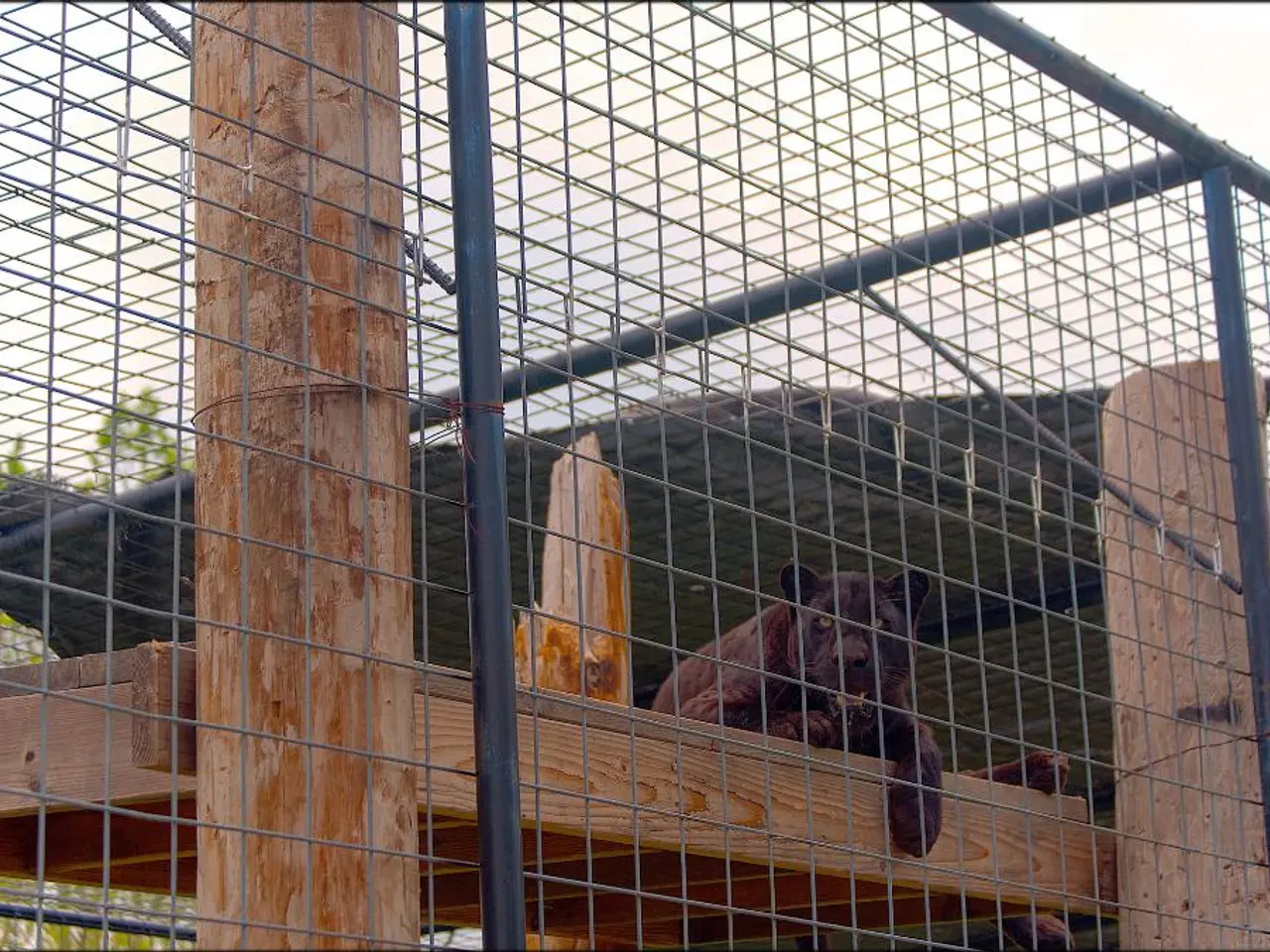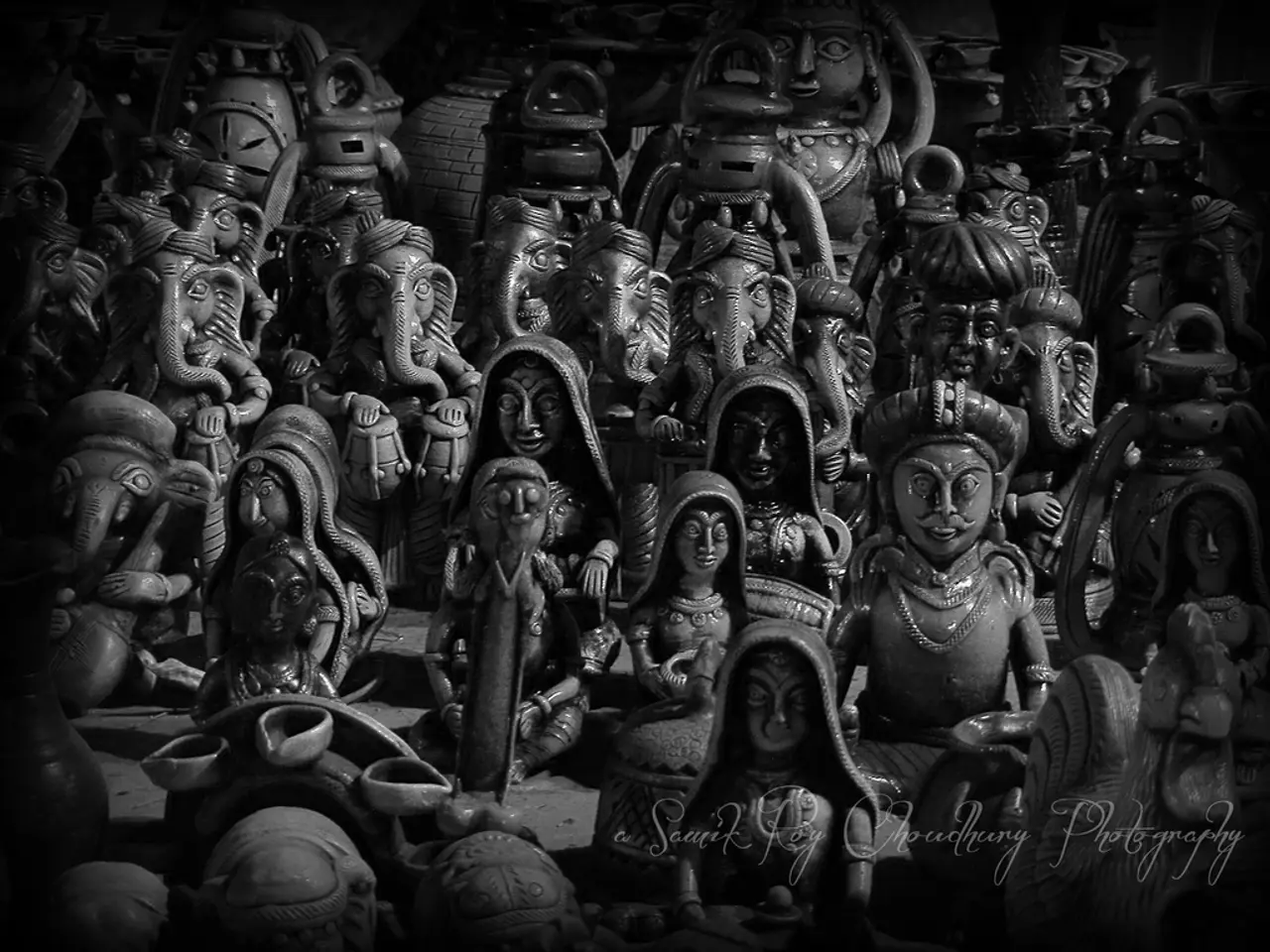Movie Production Process Unveiled
In the mid-20th century, the movie industry was dominated by eccentric aviation tycoon and occasional movie producer, Howard Hughes. After acquiring control of RKO Pictures for $8.8 million in 1948, Hughes left an indelible mark on the film industry, alongside his achievements in aviation[3][5].
Simultaneously, the film industry was also evolving with the emergence of new talents. George Lucas, a film school graduate, kick-started his career by creating several short films before making his first full-length movie. Lucas is best known for founding the visual effects company Industrial Light & Magic and creating the Star Wars franchise, which revolutionised the film industry from the 1970s onward[2].
Steven Spielberg, another film school alumnus, made a name for himself with early work including short films before breaking into feature films. Spielberg is recognised for his versatile directing and producing career, shaping popular cinema with blockbusters like Jaws, E.T., and Jurassic Park[2]. Together, Lucas, Spielberg, and Martin Scorsese co-founded the Film Foundation, a non-profit organization dedicated to restoring and preserving films globally, which has restored over 800 films to date[2].
The role of a movie producer has always been pivotal in the filmmaking process. Producers are responsible for finding the idea and developing the script, working with the studio to market and distribute the film, and ensuring the highest quality movie is delivered on time and within budget.
Early movie producers like Irving Thalberg, who started as a secretary to Universal Pictures' president, moved up to studio manager before becoming head of production for MGM. Thalberg helped MGM build its reputation for high-quality films[4]. Similarly, Hal Wallis, who managed a movie theater before joining the publicity staff at Warner Bros., moved up the ranks to become an independent producer[4].
Many producers hone their skills in acting, writing, directing, or other areas of filmmaking before transitioning into production. For instance, Mac Sennett started as a theater actor before becoming an actor, script writer, and director before starting the Keystone Company. Sennett is famous for creating the Keystone Kops and slapstick comedy during the silent era[1].
In the modern era, most movies are made by independent producers, either for direct distribution or under contract for one of the remaining six major studios. Small or independent filmmakers often provide the best prospects for beginners because they are likely to grow more quickly as digital technology cuts production costs[6].
The U.S. Bureau of Labor Statistics sees the most opportunity in filmmaking jobs related to evolving technology, such as computer specialists, multimedia animators, and for job seekers skilled in digital filming, editing, and computer-generated imaging[6]. As the industry continues to evolve, the role of the movie producer remains central, with the most important attributes being talent, experience, business acumen, and the ability to deal with many different kinds of people under stress[6].
From the pioneering efforts of early movie producers like Howard Hughes and Irving Thalberg, to the modern-day successes of Steven Spielberg and George Lucas, the movie production landscape has transformed significantly. However, the essential role of the producer in bringing captivating stories to life has remained constant.
References: 1. Mac Sennett 2. George Lucas 3. Howard Hughes 4. Irving Thalberg 5. Hal Wallis 6. Movie Production
Movies-and-tv industry saw a revolutionary shift in the mid-20th century with the entry of new talents like George Lucas and Steven Spielberg, who redefined entertainment with their groundbreaking works. The evolving role of a movie producer, responsible for bringing captivating stories to life, continued to play a pivotal part in this transformation.








